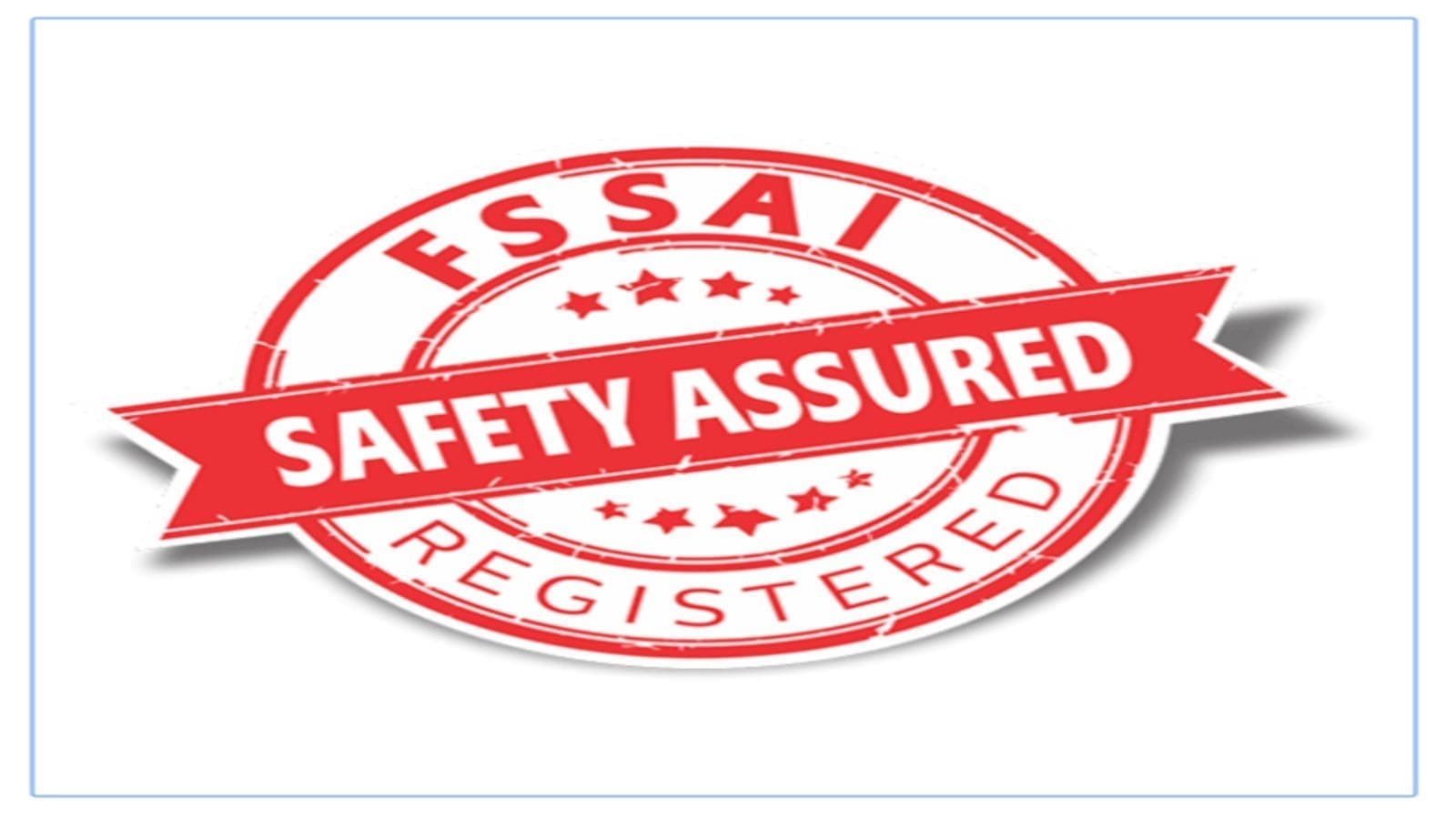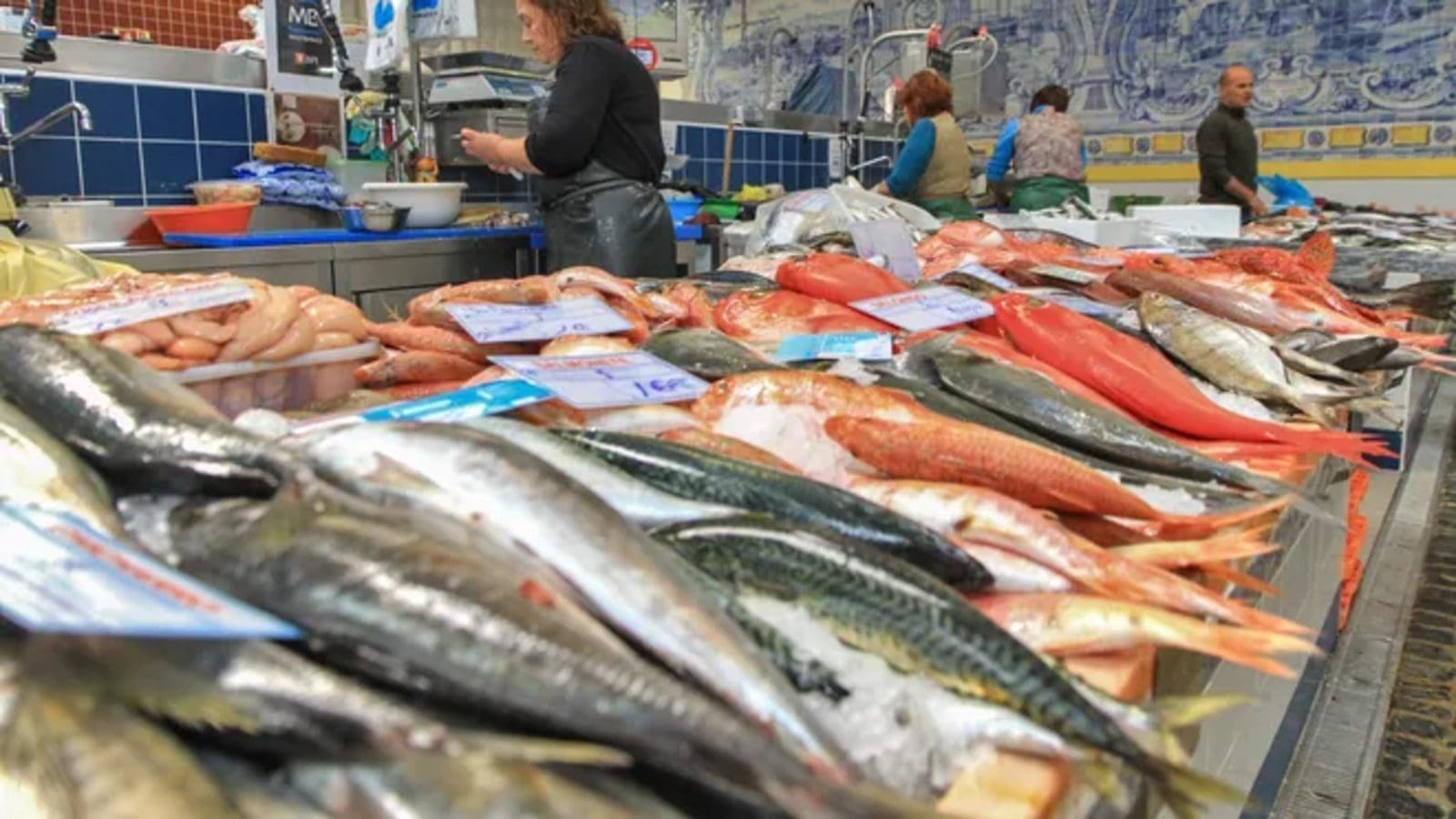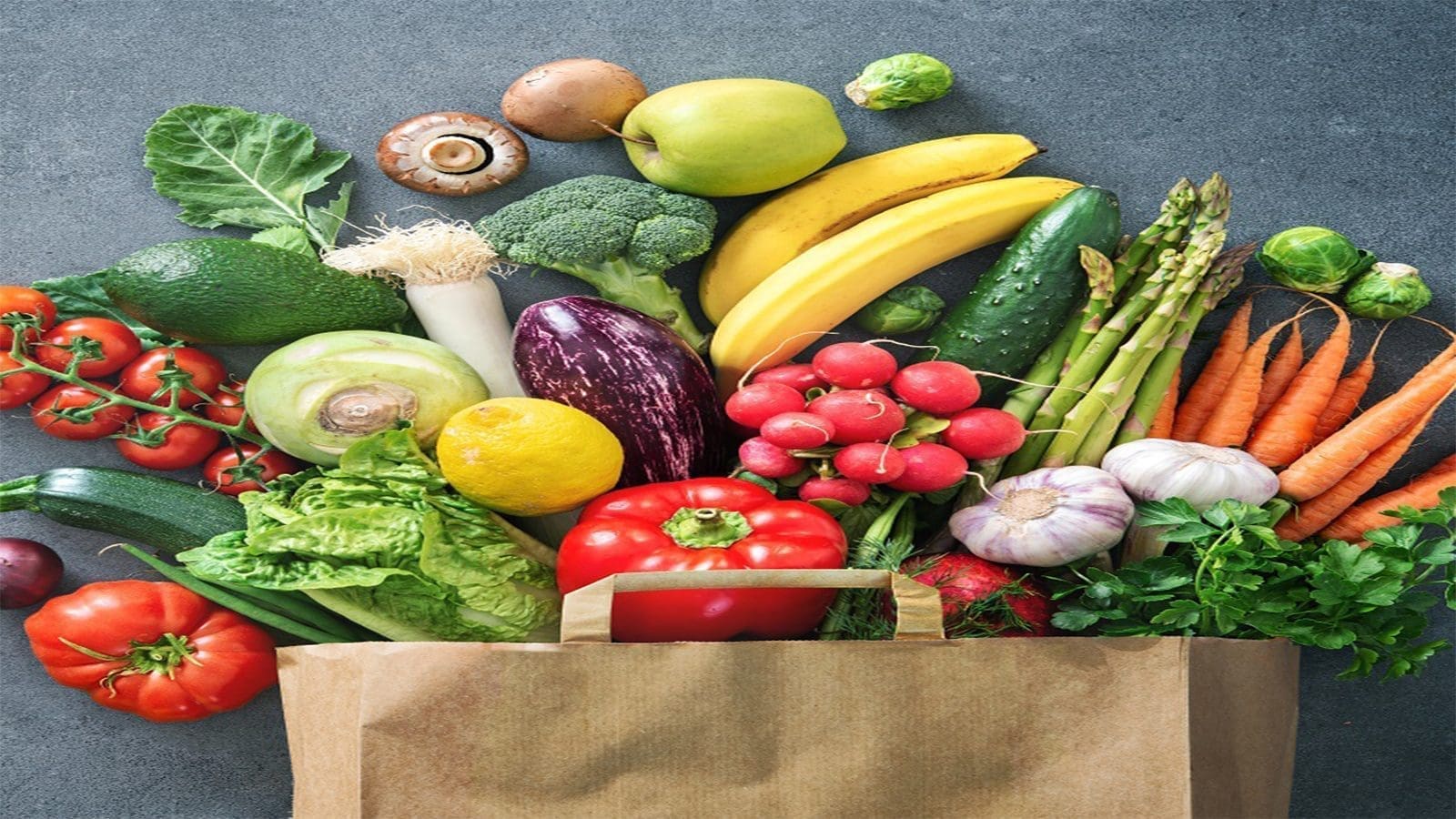INDIA – The Food Safety and Standards Authority of India (FSSAI) has suspended the licenses of 15 food business operators in Kerala as they failed to comply with the requisite mandatory safety audits despite repeated reminders.
The FSSAI had earlier directed carrying out of audits of Food Business Operators (FBOs) through private auditing agencies, in bid to strengthen the food safety oversight system. The move also sought to cultivate and foster a self-compliance culture.
The regulator said in a statement that even after repeated intimation and issuance of improvement notices twice, the 15 FBOs belonging to the Kerala region have not conducted any third-party food safety audits.
“Non-compliance of mandatory audits by above FBOs in high risk food business operations has been viewed seriously and their FSSAI license has been suspended with effect from September 13 fore-noon by Central Designated Officer, Kerala & Lakshadweep in accordance with section 32 (2) of Food Safety and Standards Act, 2006 rules and regulations made thereunder.”
The FBOs are spread across Thiruvananthapuram, Thrissur, Ernakulam, Kottayam, Kannur, Malappuram, Wayanad and Palakkad. These include Uday Samudra Leisure Beach Hotel & Spa, Thiruvananthapuram; Lite Bite Foods Pvt Ltd, Kannur; and Kovalam Resort Pvt Ltd, The Leela Kovalam, Thiruvananthapuram.
The Food Safety and Standards (Food Safety Auditing) Regulations, 2018, mandate annual third-party food safety audits of food businesses falling under six high risk categories by an FSSAI-recognized agency.
Division over food packet labeling
The FSSAI has also decided to place food safety labels on the front side of packaged food, detailing the amount of salt, sugar and fat content and their health impact, but consensus eludes industry and consumer groups about what the labels should say, according to multiple officials and minutes of a meeting of stakeholders called by the authority.
The food industry wants the label to serve as a guideline informing the consumer about the quantity of salt, sugar, sodium and fats in the food packet without giving health warning citing that the aim should be to enable consumers to make an informed decision and not discourage consumption of packaged food.
The consumer and advocacy groups want labels to clearly state whether the food is healthy for human consumption or not, as most consumers would not know how much sugar, salt or fat is good or bad for their health, if only quantity is specified.
“We will get a people perception study done by the Indian Institute of Management, Ahmedabad, on what sort of label would people prefer. Once that study comes, draft guidance and then final guidelines on front of package label (FOPL) would be issued.”
The FSSAI has taken close to eight years to reach this stage as the industry had been reluctant to have front of package food safety labels, clearly stating if the product is healthy for people or not, like in other countries such as Brazil and Chile.
In India, the processed food industry is believed to be US$ 44 billion in value and growing at a rapid pace of about 24% every year.
Liked this article? Subscribe to Food Safety Africa News, our regular email newsletters with the latest news insights from Africa and the World’s food safety, quality and compliance. SUBSCRIBE HERE








